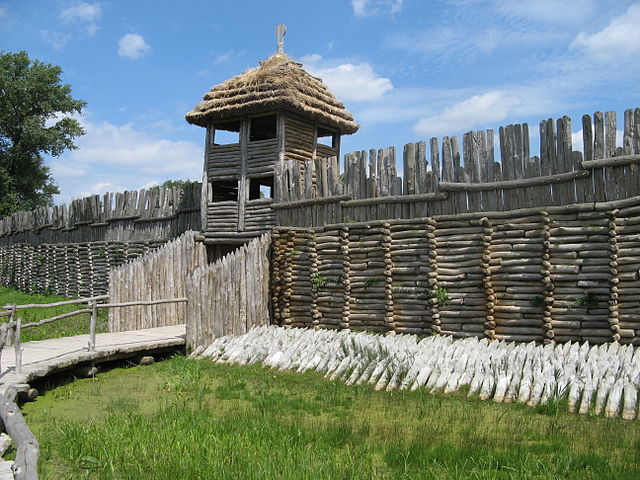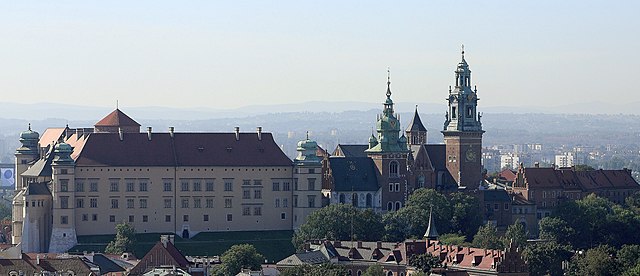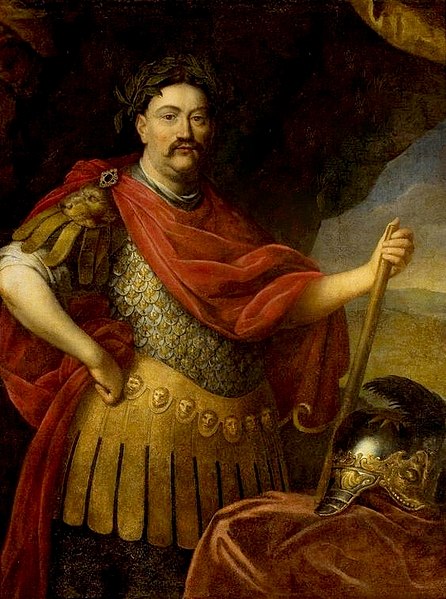The General Charter of Jewish rights known as the Statute of Kalisz, and the Kalisz Privilege, granted Jews in the Middle Ages special protection against discrimination in Poland when they were being persecuted in Western Europe. These rights included exclusive jurisdiction over Jewish matters to Jewish courts, and established a separate tribunal for other criminal matters involving Christians and Jews designed to avoid Jewish discrimination. It led to the formation of a separate court and safety for persecuted Jews which attracted Jewish immigrants from across Europe to Poland.
Statute of Kalisz frontispiece, by Arthur Szyk (1927)
Bolesław the Pious from the Piast dynasty, who issued the Statute of Kalisz
Jewish Craftsmen and Tradesmen (1927)
English-language page (1927)
Poland, officially the Republic of Poland, is a country in Central Europe. It extends from the Baltic Sea in the north to the Sudetes and Carpathian Mountains in the south, while its longest river is the Vistula. Poland has a temperate transitional climate and is the fifth-most populous member state of the European Union, with its sixteen voivodeships having a total population of over 38 million and covering a combined area of 312,696 km2 (120,733 sq mi). It is bordered by Lithuania and Russia to the northeast, Belarus and Ukraine to the east, Slovakia and the Czech Republic to the south, and Germany to the west. The nation's capital and largest metropolis is Warsaw. Other major cities include Kraków, Wrocław, Łódź, Poznań, and Gdańsk.
A reconstruction of a Bronze Age, Lusatian culture settlement in Biskupin, 8th century BC
The Battle of Grunwald was fought against the German Order of Teutonic Knights, and resulted in a decisive victory for the Kingdom of Poland, 15 July 1410.
Wawel Castle in Kraków, seat of Polish kings from 1038 until the capital was moved to Warsaw in 1596
King John III Sobieski defeated the Ottoman Turks at the Battle of Vienna on 12 September 1683.








